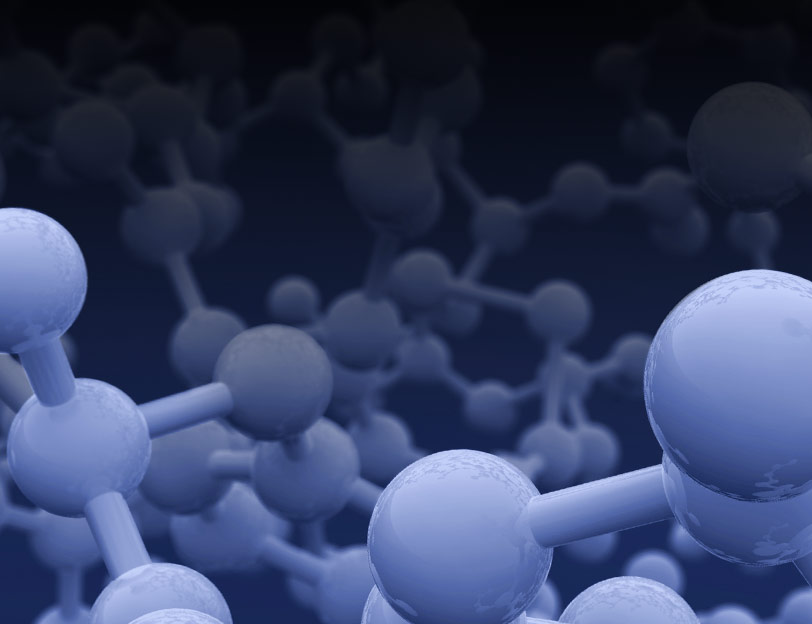Protein Analysis and Complex Purification
Promega offers protein purification and interaction products for epigenetics research to analyze histone marks and identify protein binding partners rapidly and efficiently. Identifying proteins that read, write or erase these marks is critical to help unravel the complexities of epigenetic regulation.
We have HaloTag® technology solutions for protein purification, pull-down and arrays. The HaloTag® Protein Purification System is designed to purify proteins with more efficiency and specificity than affinity tags.
Filter By
Shop all Protein Analysis and Complex Purification Products
Showing 4 of 4 Products
Protein Analysis and Complex Purification Basics
The majority of histone-mediated regulation stems from histone modification, including acetylation, methylation, phosphorylation, ubiquitination and sumoylation. Chromatin immunoprecipitation (ChIP) is a powerful assay to identify proteins that read, write or erase these histone marks. In ChIP analysis, protein:protein and protein:DNA complexes are crosslinked, immunoprecipitated using an antibody against the protein of interest and purified. The DNA sequence of interest then is amplified from the immunoprecipitated material using PCR. Alternatively, the immunoprecipitated DNA can be sequenced or analyzed using microarrays to identify target sequences.
Analysis of protein:DNA interactions often reveals important information chromosomal remodeling and transcription. Protein purification is a fundamental step for analyzing individual proteins and protein complexes and identifying interactions with other proteins, DNA or RNA. A variety of protein purification strategies exist to address desired scale, throughput and downstream applications. There are four basic steps of protein purification: 1) cell lysis, 2) protein binding to a matrix, 3) washing and 4) elution. Because purification of native proteins can be challenging, affinity purification tags are often fused to a recombinant protein of interest such that the tag is used to capture or detect the protein.



